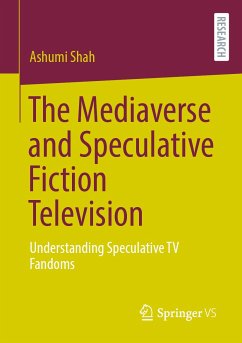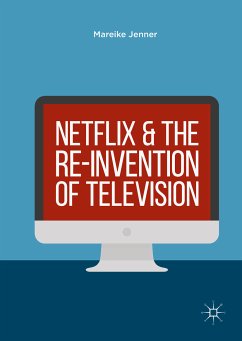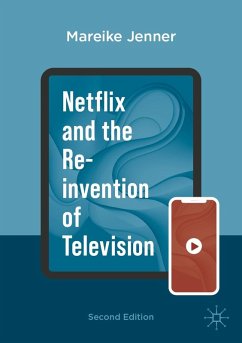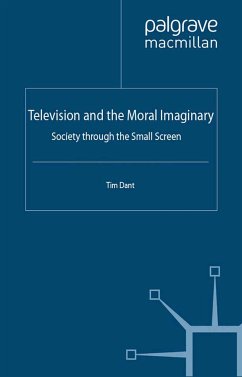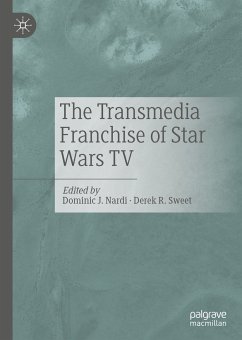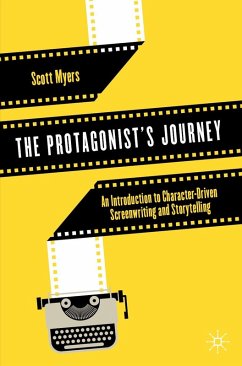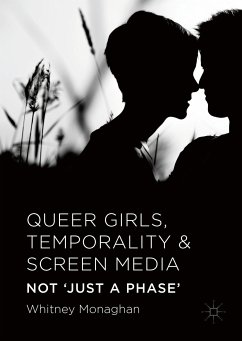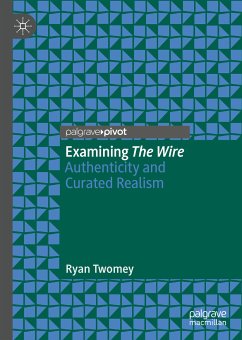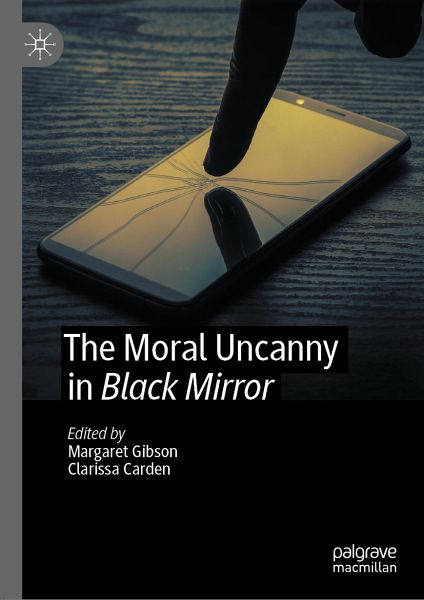
The Moral Uncanny in Black Mirror (eBook, PDF)
Versandkostenfrei!
Sofort per Download lieferbar
40,95 €
inkl. MwSt.
Weitere Ausgaben:

PAYBACK Punkte
20 °P sammeln!
This erudite volume examines the moral universe of the hit Netflix show Black Mirror. It brings together scholars in media studies, cultural studies, anthropology, literature, philosophy, psychology, theatre and game studies to analyse the significance and reverberations of Charlie Brooker's dystopian universe with our present-day technologically mediated life world. Brooker's ground-breaking Black Mirror anthology generates often disturbing and sometimes amusing future imaginaries of the dark side of ubiquitous screen life, as it unleashes the power of the uncanny. This book takes the psychoa...
This erudite volume examines the moral universe of the hit Netflix show Black Mirror. It brings together scholars in media studies, cultural studies, anthropology, literature, philosophy, psychology, theatre and game studies to analyse the significance and reverberations of Charlie Brooker's dystopian universe with our present-day technologically mediated life world. Brooker's ground-breaking Black Mirror anthology generates often disturbing and sometimes amusing future imaginaries of the dark side of ubiquitous screen life, as it unleashes the power of the uncanny. This book takes the psychoanalytic idea of the uncanny into a moral framework befitting Black Mirror's dystopian visions. The volume suggests that the Black Mirror anthology doesn't just make the viewer feel, on the surface, a strange recognition of closeness to some of its dystopian scenarios, but also makes us realise how very fragile, wavering, fractured, and uncertain is the human moral compass.
Dieser Download kann aus rechtlichen Gründen nur mit Rechnungsadresse in A, B, BG, CY, CZ, D, DK, EW, E, FIN, F, GR, HR, H, IRL, I, LT, L, LR, M, NL, PL, P, R, S, SLO, SK ausgeliefert werden.



